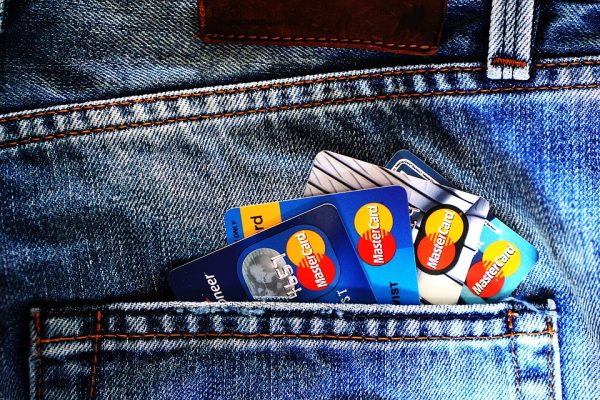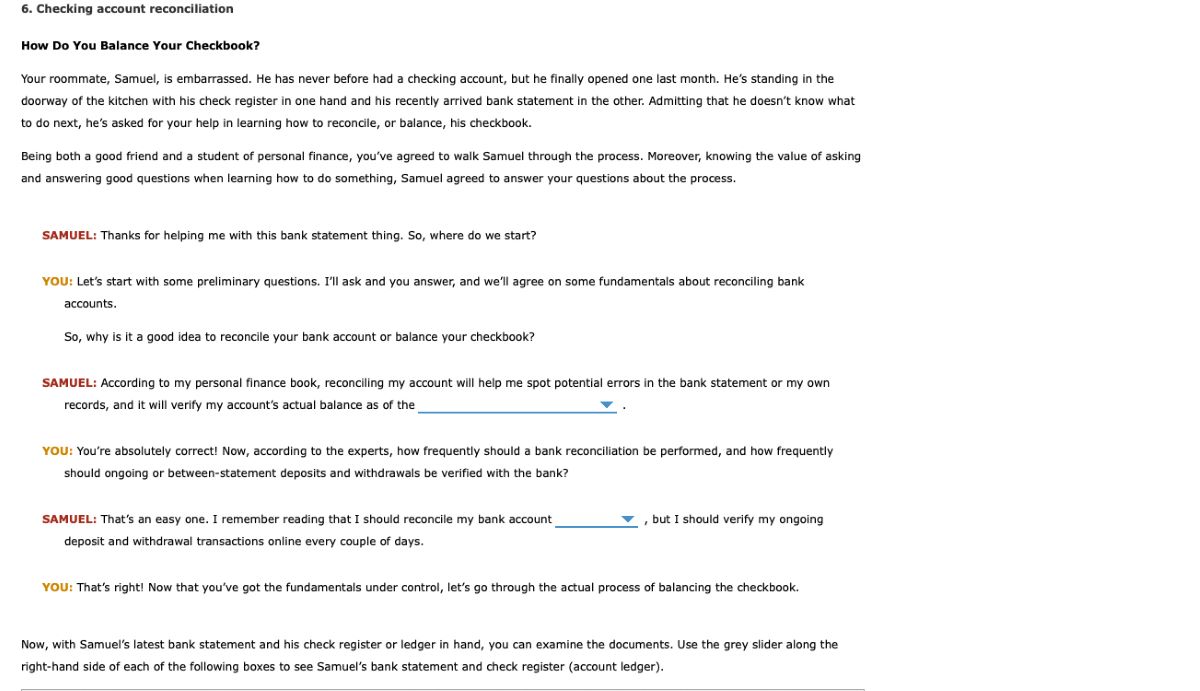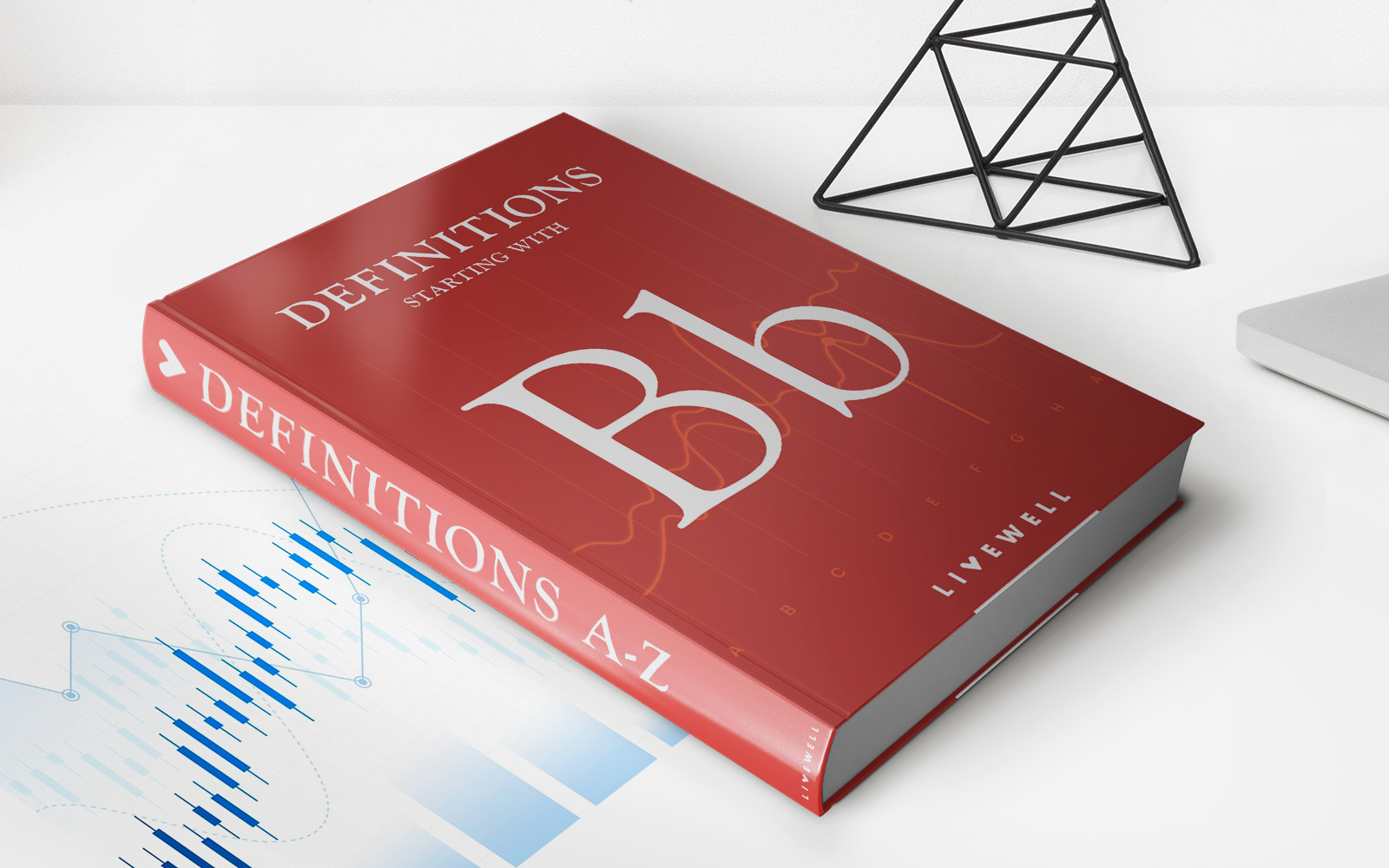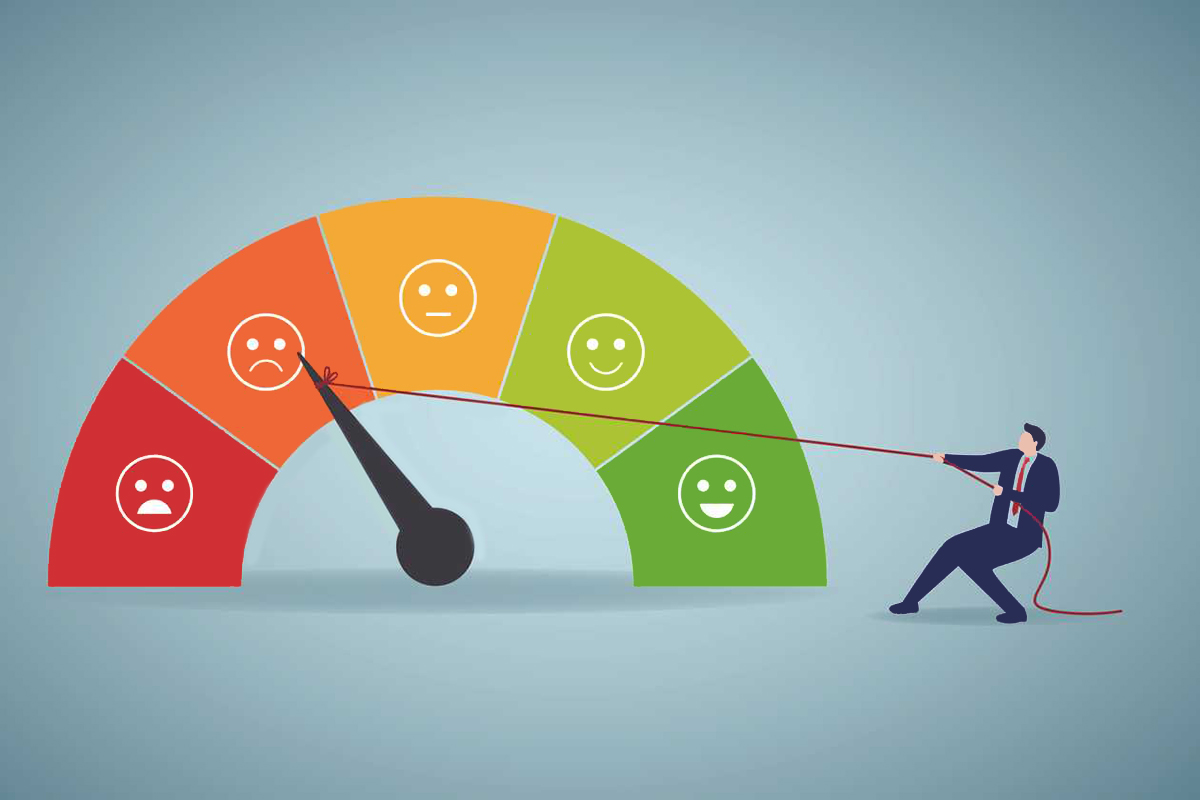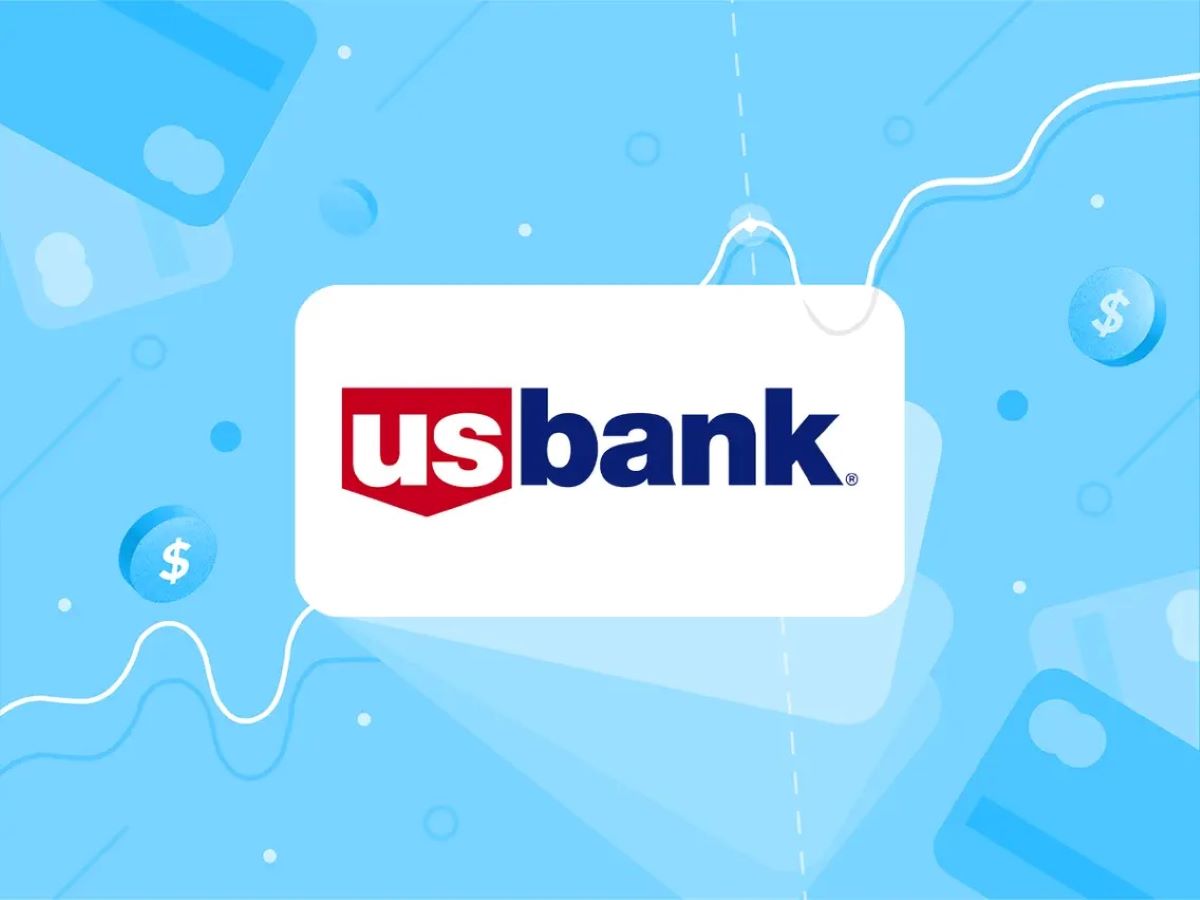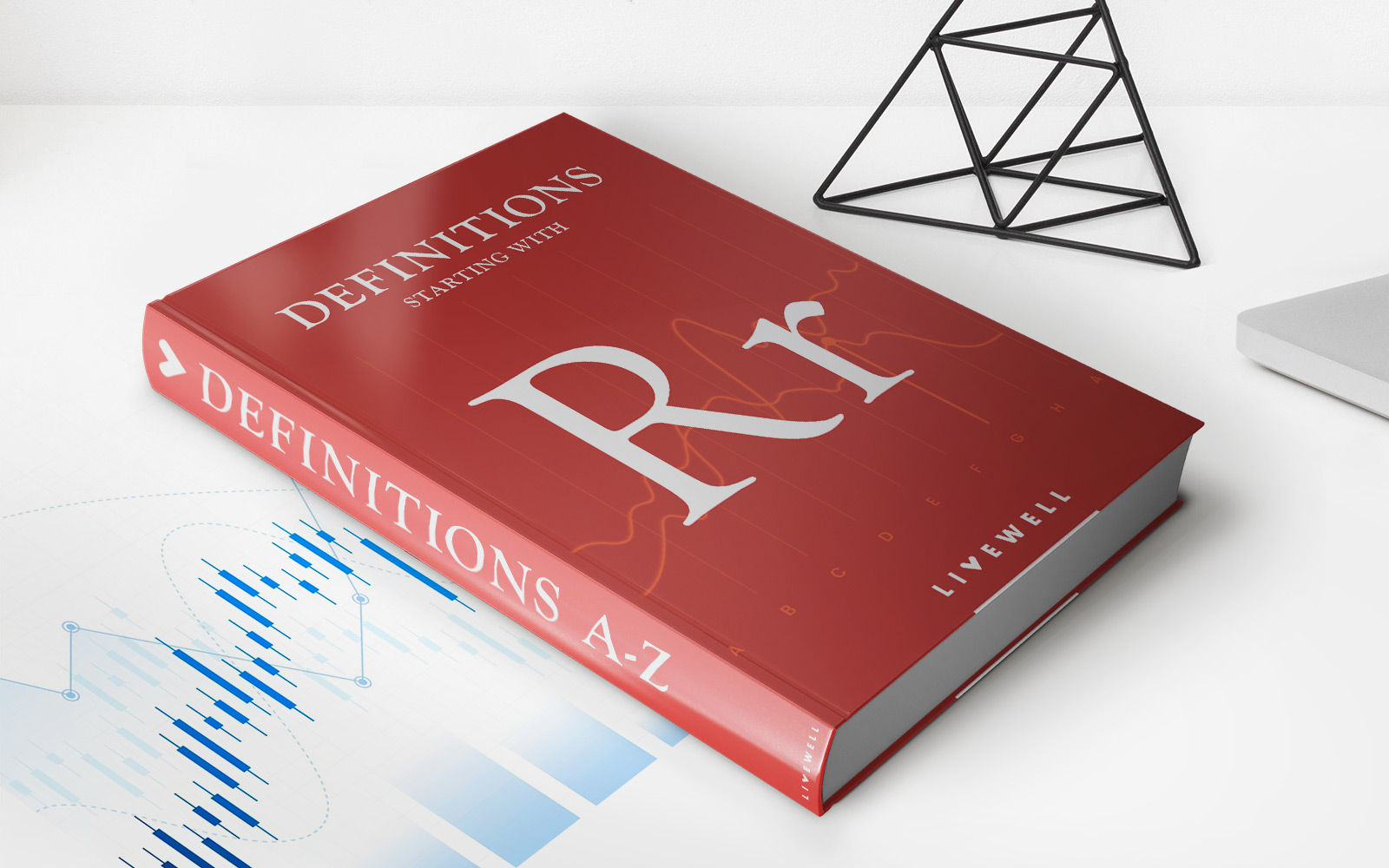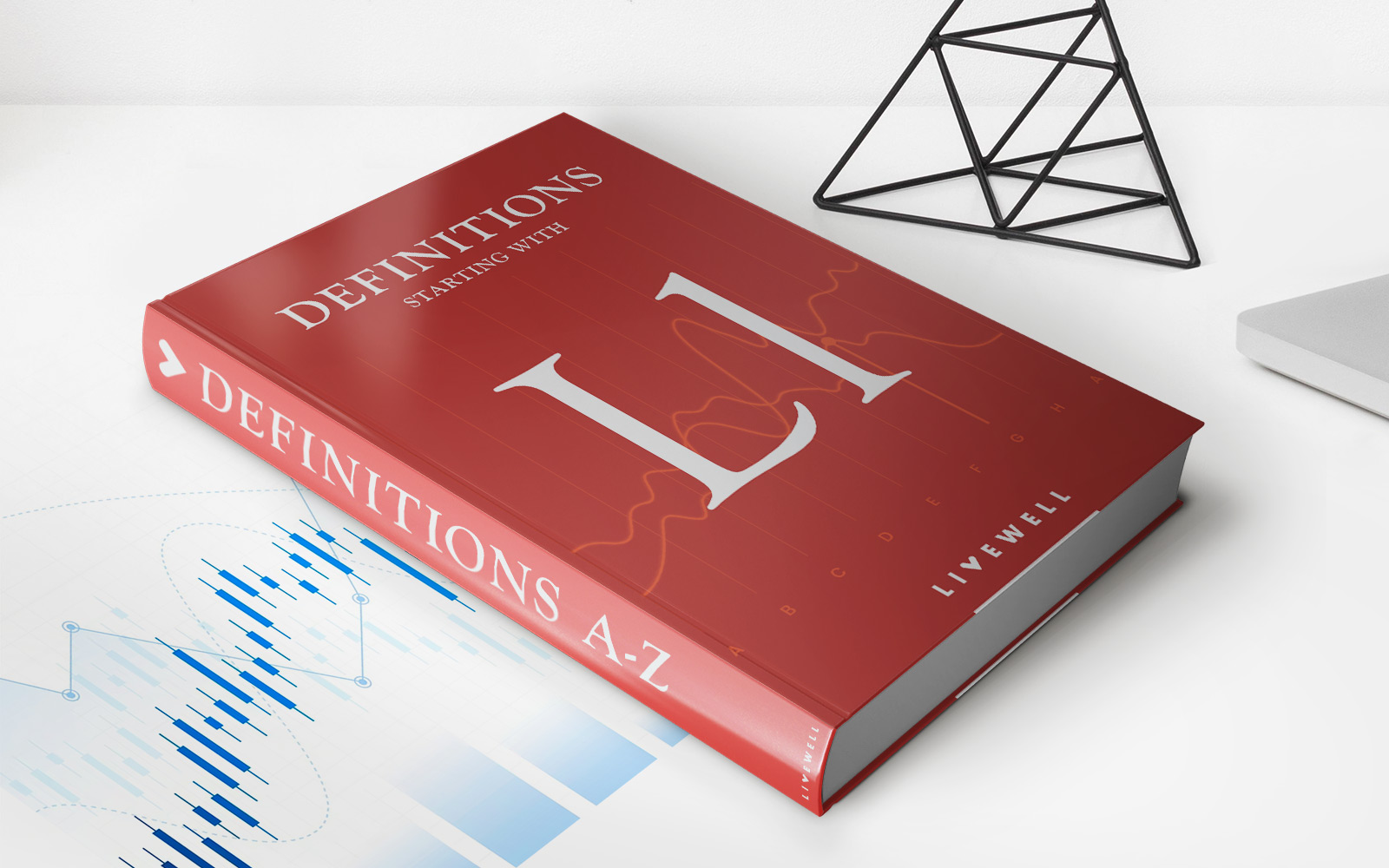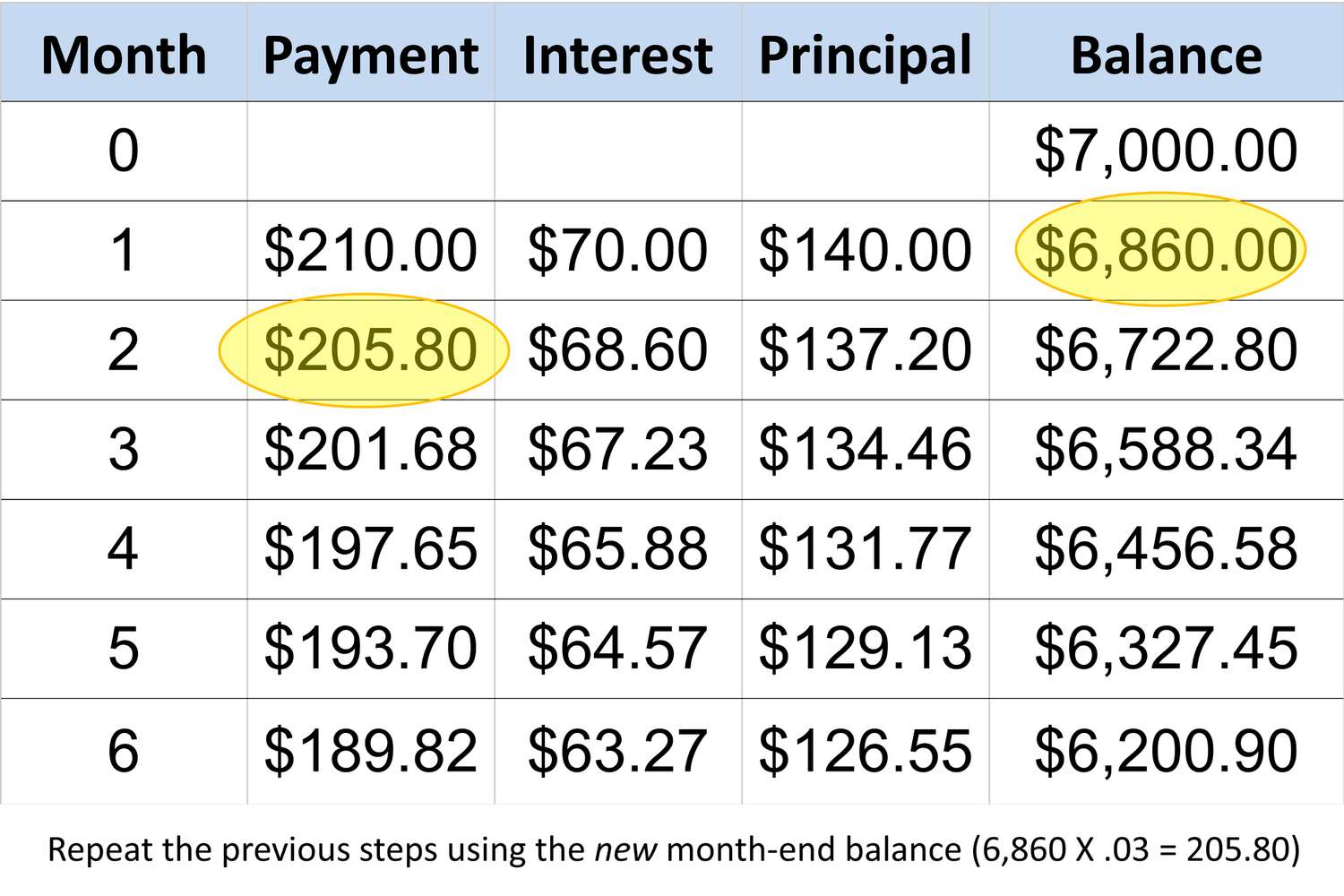Home>Finance>What Is A Brokerage Account & Should You Get One?
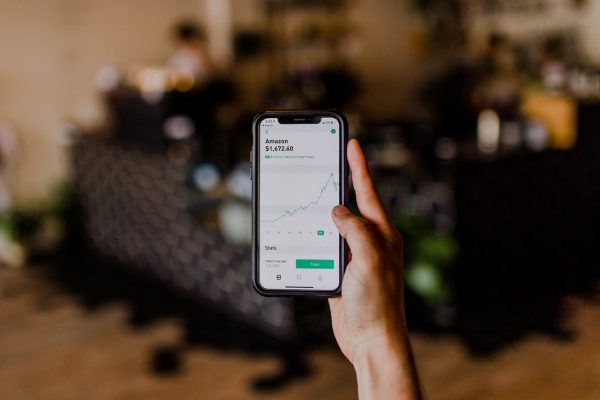

Finance
What Is A Brokerage Account & Should You Get One?
Modified: September 6, 2023
Explore your options of brokerage accounts, why many investors recommend having them, and its advantages with our easy to understand guide.
(Many of the links in this article redirect to a specific reviewed product. Your purchase of these products through affiliate links helps to generate commission for LiveWell, at no extra cost. Learn more)
What Is A Brokerage Account?
A brokerage account is an investment account that you can open with a brokerage firm. You will need a brokerage account as you buy investments and stocks.
A brokerage account is ideal for your long term financial goals alongside checking, savings, credit card accounts. Each of these factors contribute to your overall financial health so you should take time to explore each of these accounts.
How Does A Brokerage Account Work?
You deposit money into the account either by writing a check, wiring money, or transferring money from either your checking or savings accounts. Once you’ve deposited funds, you can use that money to buy investment securities.
In exchange for executing your buy and sell orders, you typically pay the brokerage firm some fees in the form of a commission from your earnings

Photo by Austin Distel on Unsplash
There are no limits on how much you put into your account. And unless you buy a restricted asset, you can access your money at any time. But depending on the tax situation, and types of assets you hold in your account, you are liable to capital tax gains, dividend taxes, and/or other taxes in your holdings
Types Of Investments
When you have a funded brokerage account, you can use it to buy investments, including stocks, bonds, mutual funds, options, forex, CDs, and cash management.
If you’re new to the world of investing and are looking at your options, here is a Definitive Guide To Investing For Dummies that you should check out.

Photo by Sharon McCutcheon on Unsplash
Types Of Brokerage Accounts
There are major differences between cash and margin accounts. Choosing one will make or break your chances of high potential earning. Your individual trading style and how you manage your capital, will dictate the brokerage account that suits you.
Cash Brokerage Account

Photo from Unsplash
A cash account is the most basic type of brokerage account. It requires an initial deposit before you can start buying securities and stocks. This ranges from roughly 1000 dollars and up.
As a downside, you will have less ability to place trades. You will also need to wait for the next trade settlement cycle before you can withdraw your earnings. In worse cases, stock settlement violations may even occur if settled funds are not enough to cover new trades to buy.
On the plus side, a cash brokerage account benefits from securities lending. This means that with permission, the broker can lend your shares to other investors. This will gain an additional source of return on your account.
Margin Brokerage Account
A Margin Account allows you to borrow money from the broker and pay interest once your investments start to profit. The securities you buy becomes the collateral. In addition, you are required to pay interest from the loan you borrowed.
One of the benefits of getting a margin account is the opportunity to short-sell. Short-selling is speculating a drop in market price. They borrow a stock, sell it at the current price. And when the price drops, they buy back the shares, return the same amount, and keep the difference as earnings.
Here’s an example. Say, an investor sees that Amazon stock has a $1900 share price. He decides to borrow 20 shares. He will sell it at the current price of $38000.
When the share price drops at $1790, he will buy it back in that amount and return it to the broker. He gains $110 per share. Since stock price continues to go up, it takes some skill to predict a decline in the share price.
Which One Should You Get?
A cash account is your best option as someone just dipping their toes in the world of investments. Buying securities on margin is risky. You may even end up paying more interest. Although, as you develop your investment strategy, you may find margin accounts as a good option for short selling.
Types Of Stock Brokers
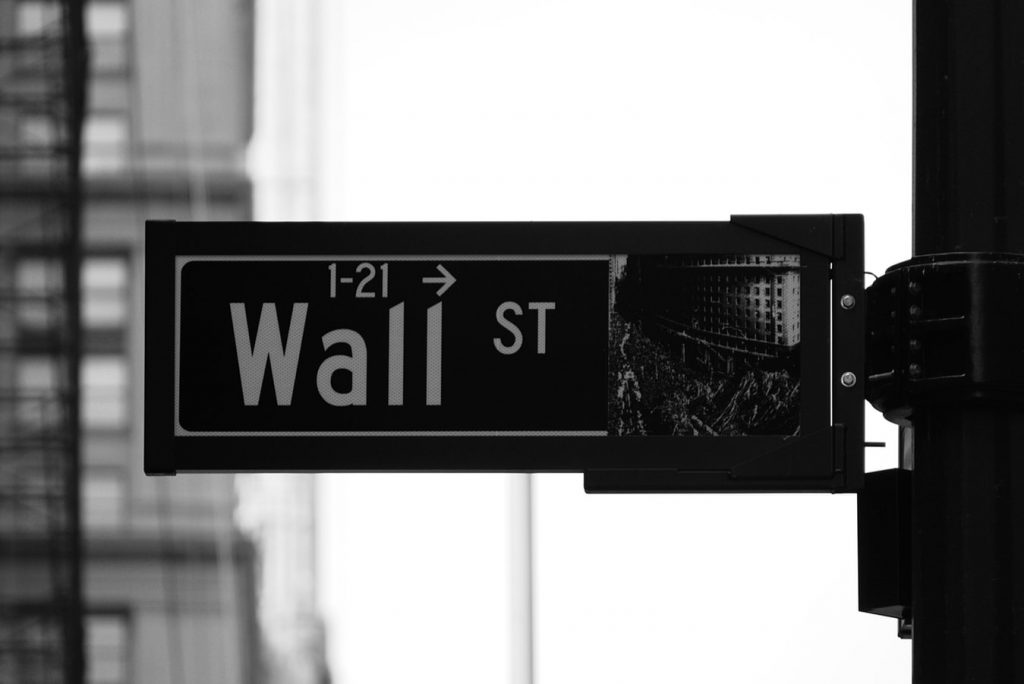
Photo by Rick Tap on Unsplash
‘Full-Service Brokerage’ refers to the traditional brokerage firms that operate out of brick-and-mortar offices. These are more than just venues to place a trade or buy stocks. Your broker will learn about your financial plans, assess the risk safe for your assets, give you financial tips, and even suggest retirement planning, etc.
However, this full service will require a hefty service fee in return. The most common full-service brokerage firms being Fidelity, Vanguard, and Charles Schwab.
‘Online Discount Brokers’ usually function online. This enables individuals to trade even with a smaller capital. You will have to execute your trades, as online discount brokers don’t offer trade advice the way full-service brokerages do. The most popular online discount broker is Robinhood.
How To Choose The Right Broker?
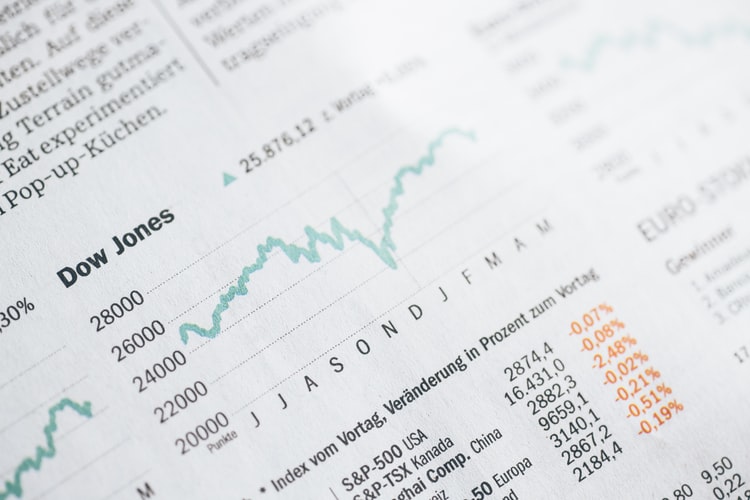
Photo by Markus Spiske on Unsplash
When you’re just getting started in investing, don’t invest all your money just yet. You will need to sacrifice a few dollars, just like dipping your toes to test the waters.
When picking a broker, it’s important to look first at commission rates, and whether the broker allows you to start with small capital.
It’s also important to look at the fund selections that it offers, and other features like access to educational investing manuals and tools.
How To Open A Brokerage Account?
Setting up a brokerage account is simple. It usually takes as little as 15 minutes. In most cases, you need to be 18 and above to open an account.
You will need to prepare your bank account details that will link with your brokerage account, your SSN, and other identification as required by the brokerage firm.
They may ask you which type of account you want to open. Here, you can choose between a cash account or a margin account. You also need to make an initial deposit before you can begin your investment.
How Many Brokerage Accounts Can You Open?
There is no limit on how many accounts you open within the same or through different institutions. Many people do this to segregate assets, and an investing strategy to diversify their relationships with exposure.
When you have multiple brokerage accounts, you also enjoy each of your brokerages’ strengths and unique strategies.
Can You Buy Stocks Online Without A Broker?

Image by StartupStockPhotos from Pixabay
The quick answer is yes. Opening a brokerage account is one popular way of buying investments. But it’s also possible to buy stocks and other investments without having to open a brokerage account.
Direct Stock Purchase Plan (DSPP) allows you to buy stocks directly from the company. In Dividend Reinvestment Plan (DRP), rather than taking the dividends as a cheque or direct deposits in their account, investors can reinvest it under their current stocks.
When Should You Open A Brokerage Account?
Another question that many people ask is whether a brokerage account is better than an IRA or 401(k). The difference between a brokerage account and an IRA or 401k is that as opposed to retirement savings with only a limited amount that you can cash in, you can invest as much as you would like.
The earnings are also endless with a brokerage account. Unlike the retirement savings account, there’s also no restriction on when you can withdraw funds.
Some investors open a brokerage account so they can maximize their emergency funds. However, as many financial experts would advise, you need to have enough emergency fund first, max out your retirement savings account and take advantage of your 401k match next before deciding to invest.
Conclusion
When you invest, the first thing to do is open a brokerage account. Cash accounts are best for new investors. Margin accounts, on the other hand, are best if you’re thinking of investing in short stocks.
Between a full-service brokerage and an online discount broker, the choice depends on whether you would like full assistance on your investment decisions, or you would rather learn on your own.
When you select, it’s important to look at commission rates and features that diversify your assets. You can always open a new one if you think another firm has better strategies in one type of investment than the one you currently have.
Investing takes a lot of work and requires you to keep learning. But they are rewarding in the long run.





